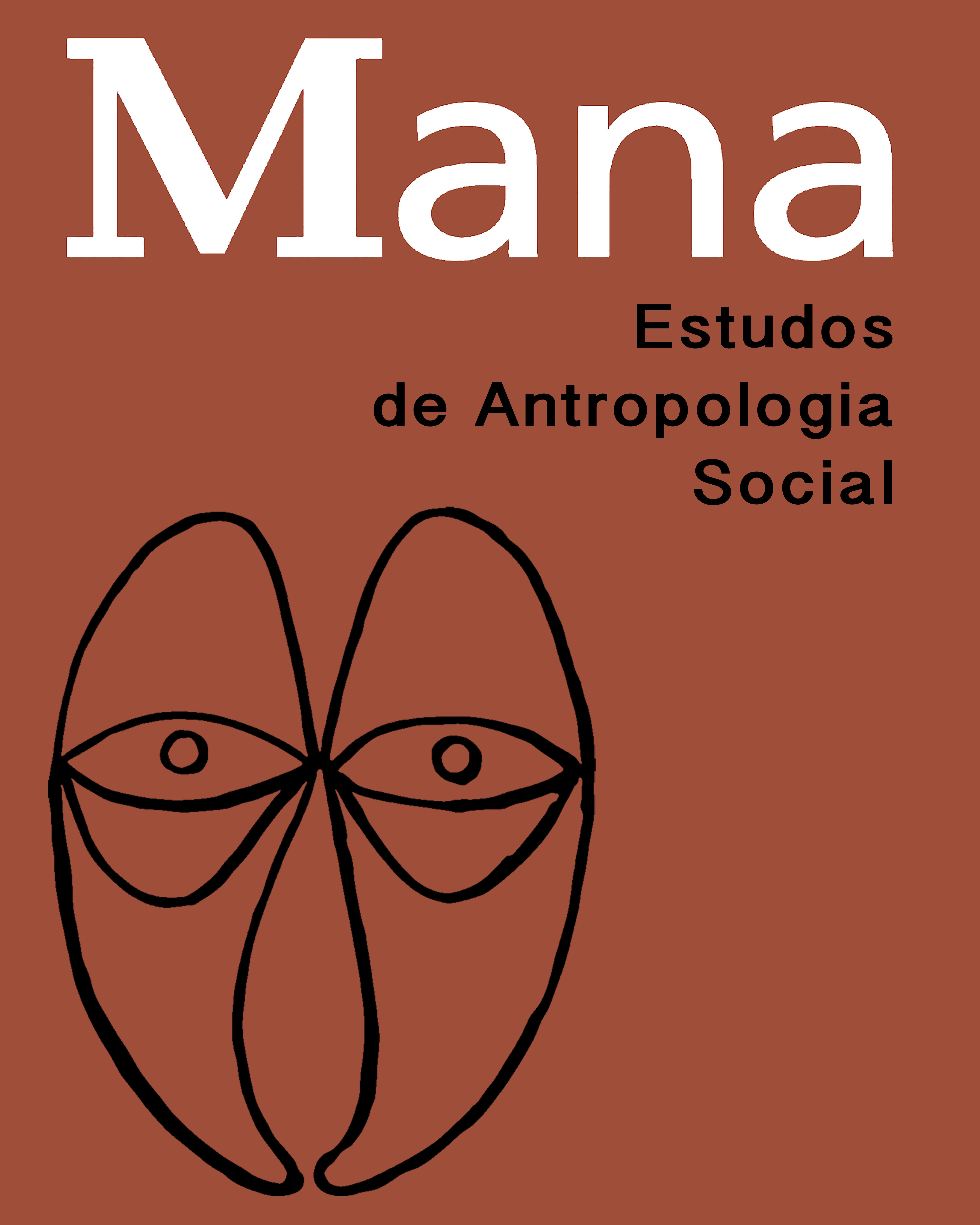Abstract:
Taking the form of a commentary upon Textures of the Ordinary: Doing Anthropology after Wittgenstein by Veena Das, the present article explores the complexity of ethnographic time and its relationship to writing in the author’s work. In this process, it highlights the extent to which the attention to the everyday and the ordinary advocated by the anthropologist entails highly singular modes of registering the limitations and commitments of our work as ethnographers. The text also discusses how, in Das’ book, the “tolerance of obscurity” implies ethical and aesthetic movements that reveal themselves in their capacity to return to earlier writings, compose heterogenic temporalities, and leave significant reflexive hesitations that produce unique openings in our comprehension of the work of anthropology as something marked by losses and reconfigurations.
Keywords:
Temporality; Ethnography; Ordinary; Veena Das; Textures of the Ordinary
